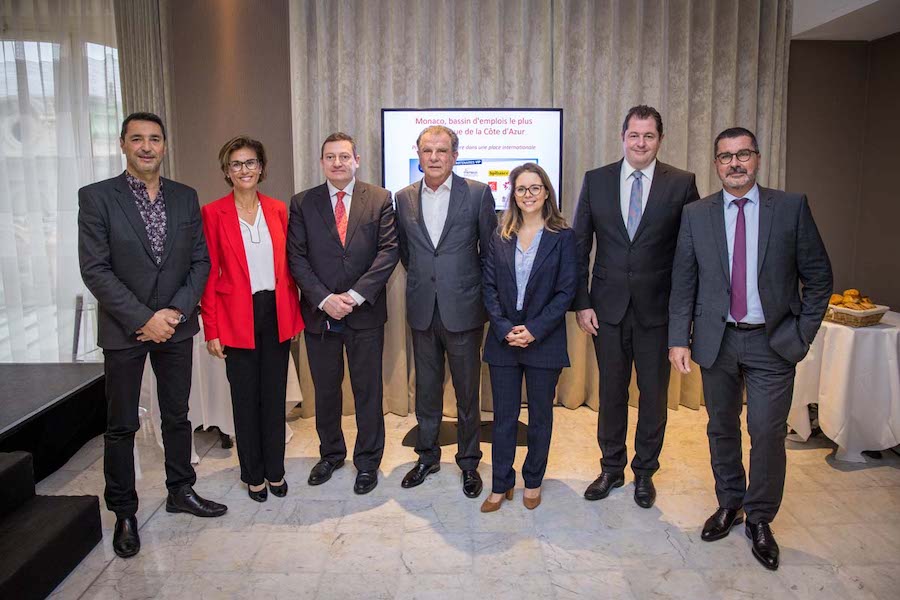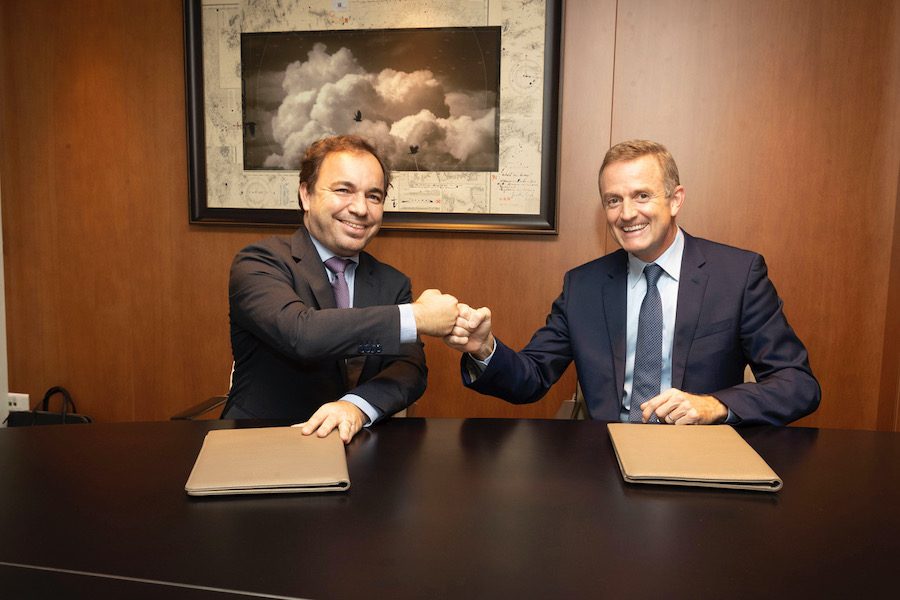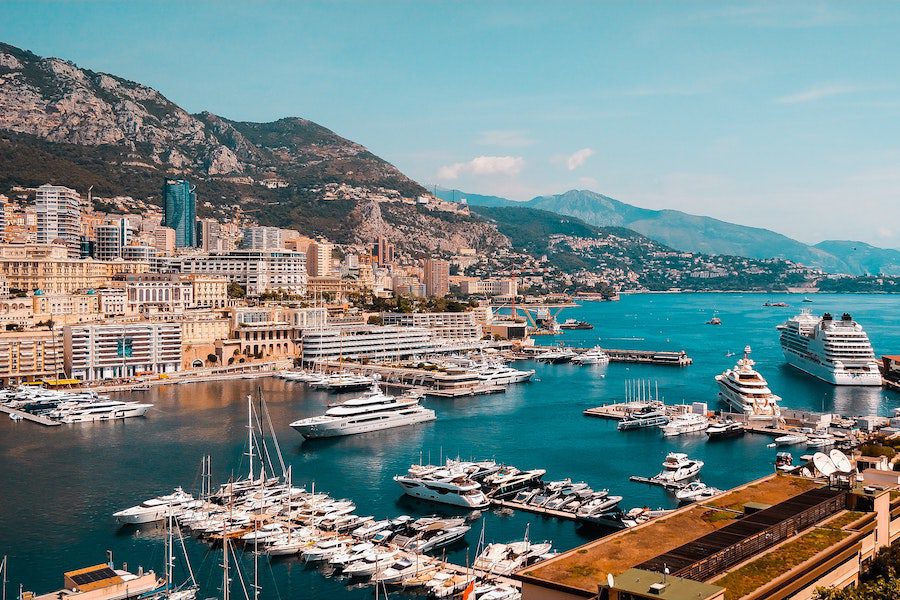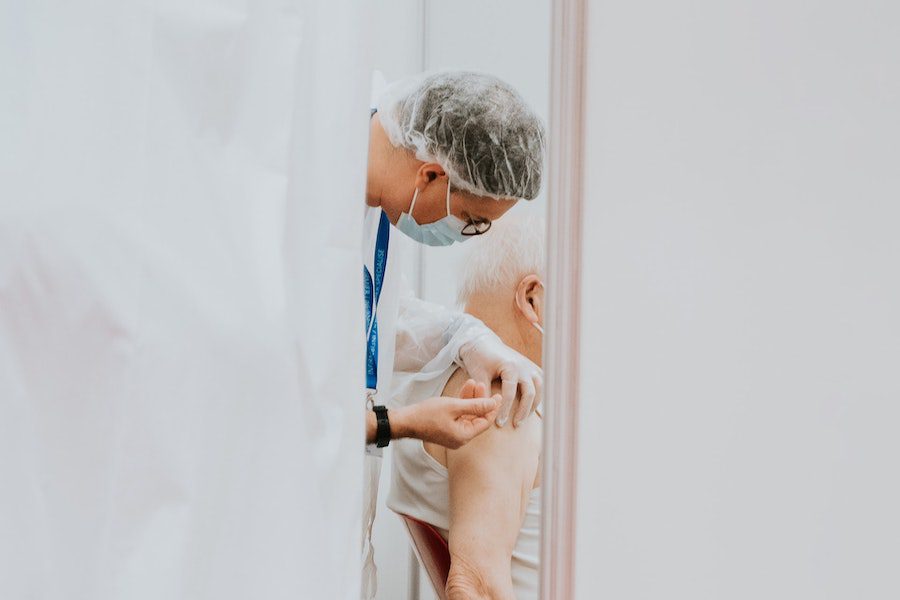Monaco has seen a 60% growth in its tech sector over the past decade, it was revealed at a recent event hosted by the MEB where the Principality’s employment opportunities were laid out to the international market.
Career development, density of the ecosystem, teleworking, interconnection between local and international decision-makers, the variety of business sectors… These are all topics hit upon at the last Club de l’Eco meeting on 3rd November where the strengths of the Monegasque labour market were discussed.
Under the theme ‘The dynamism of employment in Monaco: career opportunities in an international marketplace’, members met to talk about the local job scene and debuted their new meeting format, punctuated by video testimonials produced specifically for the evening.
The event, organised by the Monaco Economic Board (MEB) and the Nice-Matin Group, offered members a chance to interact with experts in their fields.
“Monaco is a real magnet for over 55,000 employees working in various sectors,” said Guillaume Rose, Executive Director of MEB. “It is an economic hub open to the world offering numerous career opportunities.”
Speakers Christian Huault, Editor-in-Chief of Nice-Matin, Corinne Pirinoli from Monaco Telecom, Emmanuelle Cellario-Florio from the Employment Service, SBM Monte-Carlo’s Emmanuel Van Peteghem and Ariel Barugel from CFM Indosuez laid out the beneficial aspects of the Monegasque job market.
Monaco currently boasts 56,000 employees, of which 51,008 are private sector coming from 6,012 companies. Their nationality make-up spans the globe, with 140 nations represented, though the largest percentage by far are the French who represent 63% of that number, followed by the Italians, who are 15.5%.
There are eight primary sectors where recruiting is strongest, those being medical, legal, hotel and restaurant, banking, construction, digital, personal assistance, accounting and auditing, but “the scientific and technical activities and administrative services sector is the leading employer in the Principality,” said Emmanuelle Cellario, head of employment services.
She went on to explain how Monaco’s administration, laws on telecommuting, and work study programmes are also attractive features giving myriad options and opportunities to candidates looking for solid employers.
For Corinne Pirinoli, HR Director at Monaco Telecom, one of the many strong points of the local job market is that “there is also a wide diversity of companies: from start-ups to large groups. And Monaco is able to bring these companies together. This creates an ecosystem that is full of opportunities for career development. For example, 70% of employees who leave Monaco Telecom find a job in Monaco afterwards.”
The General Secretary of the Société des Bains de Mer (SBM), Emmanuel Van Peteghem, hit upon the high points of his industry, saying, “In the tourism sector, we attract quite a bit of talent. Monaco is an international place for luxury hotels and restaurants.” SBM, which has 130 different professions under its umbrella, stressed the importance of “encouraging internal mobility. We have a real training policy to enable our talent to stay and develop.”
The financial sector also has specific advantages. “There are many subsidiaries in Monaco with headquarters abroad,” said Ariel Barugel, HR Director at CFM Indosuez. In the last decade alone, there has been a 30% increase in the number of professionals in the financial sector, totalling 4,000 employees.
During this Eco Club meeting, the speakers also noted that the tech sector is making a major push in Monaco. In 10 years, it has grown by more than 60% and now has 861 companies and 1,727 employees.
The next meeting of Club de l’Eco will take place at the Grimaldi Forum on 30th November, where they will be celebrating the 10th edition of the Eco Trophies.
Photo left to right: Christian Huault (Groupe Nice-Matin), Corinne Pirinoli (Monaco Telecom) Guillaume Rose and Michel Dotta (Monaco Economic Board), Emmanuelle Cellario-Florio (Employment Service), Emmanuel Van Peteghem (SBM Monte-Carlo) and Ariel Barugel (CFM Indosuez). Source: MEB
MEB presents Monaco labour market’s strong points




